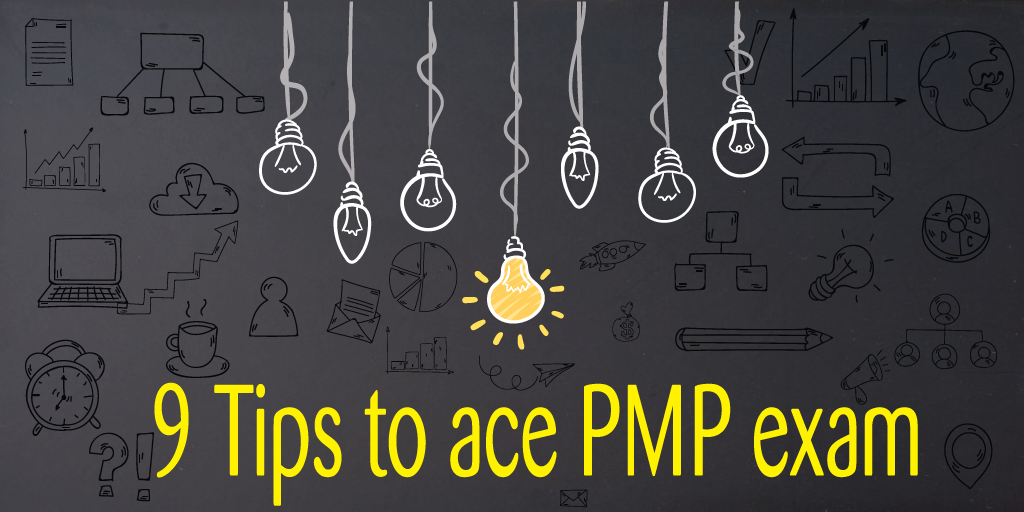 Project Management Professional®
Project Management Professional®
preparation should be more focused on quality than quantity. When training for the PMP® exam, it is best to follow some time-tested practices that will help you prepare better for the exam.
Here are some tips to help you top your PMP® exam and become a certified project management professional:
Tip#1:
Even before registering for the exam, a thought process has to be set in place. When attempting for PMP® exam, the focus should not be on memorization, but on understanding the concepts, best practices, guidelines and project management framework, as per PMI’s PMBOK Guide. This is important because, the above mentioned practises and guidelines in project management framework will be implemented on a daily basis and thorough understanding of the concept is the only way to do it.
Tip#2:
Enroll for PMP® exam preparation workshop. This is a vital step as this provides you with the required 35 contact hours training and is a perfect opportunity to know what to expect at the PMP® exam.
Tip#3:
Now that you have enrolled for the exam preparation course, you are good to go. The next important is to assess your gap in knowledge and know your weak areas, so that you can concentrate more on them.
Tip#4:
Get as much hands-on experience as possible during the exam preparation workshop. This is in fact the most essential part of your preparation for the PMP® exam. The mock test gives you an opportunity to test your knowledge, time management and your understanding of the pattern of the exam. Time management is essential as you have to complete 200 multiple questions in 400 hours.
Tip#5:
You can fill up the PMP® Certification application at the PMI® website – http://www.pmi.org/Certification/Project-Management-Professional-PMP.aspx .We also guide you on how to apply & fill up the PMP® application form.
Tip#6:
There are different phases in project management life cycle like Planning, Execution, Monitoring and Control, Initiation and Closing. Each of these phases have different weightage. A study plan has to be created focussing on providing a bigger part of your time for topics of greater weightage and your weak spots in PMP curriculum and having enough time to cover all areas of the curriculum.
Tip#7:
Divide your time in such a way that all aspect of the PMP® curriculum are covered well in advance. Spend 2 days for project management framework, 18 days for the core concepts and 2 days for ‘Professional & Social Responsibility’. You are not restricted to this schedule. Depending on your learning capabilities and interest in different topics, the time allotment can be worked around.
Tip#8:
Mock test…Mock test…Mock test. There is no better way to test your knowledge and get you prepared for the exam than this. Practice is the key to success
Tip#9:
Repeated test, tests your skill as well as improves your speed of answering. ! Keep practicing to fine tune your knowledge areas and improve your time management. Keep practicing till the final day to make sure that you will be able to ace the PMP® exam on your first try.



No Comments Yet
Be the first to share your thoughts on this post!